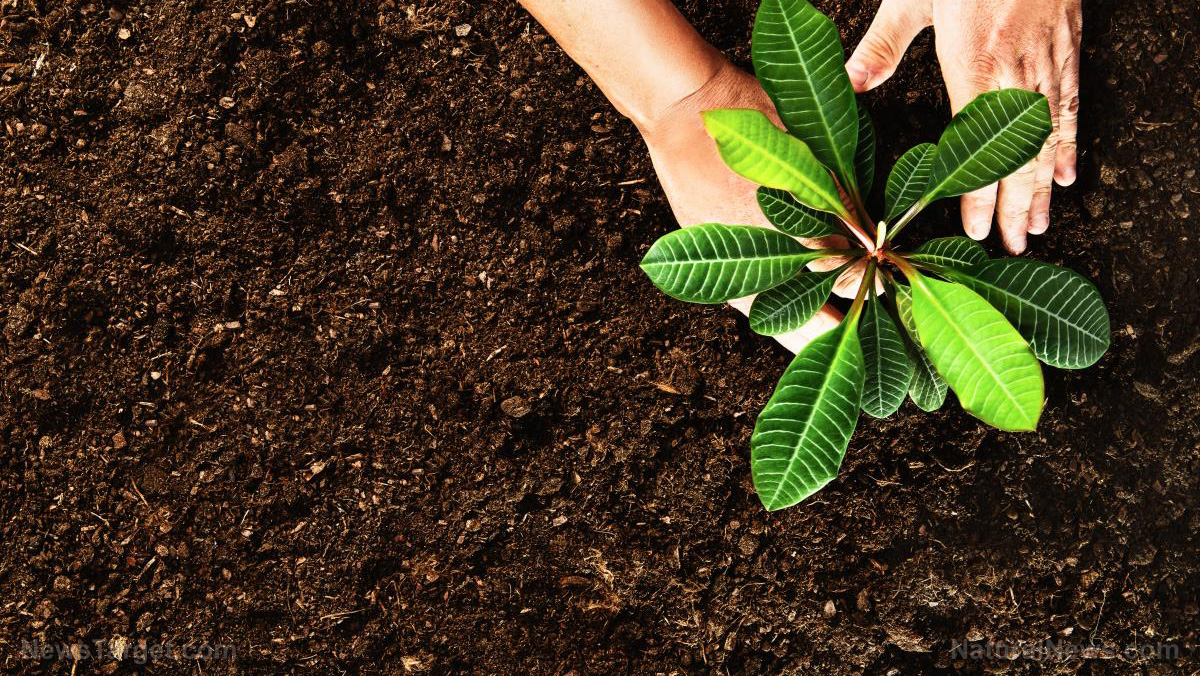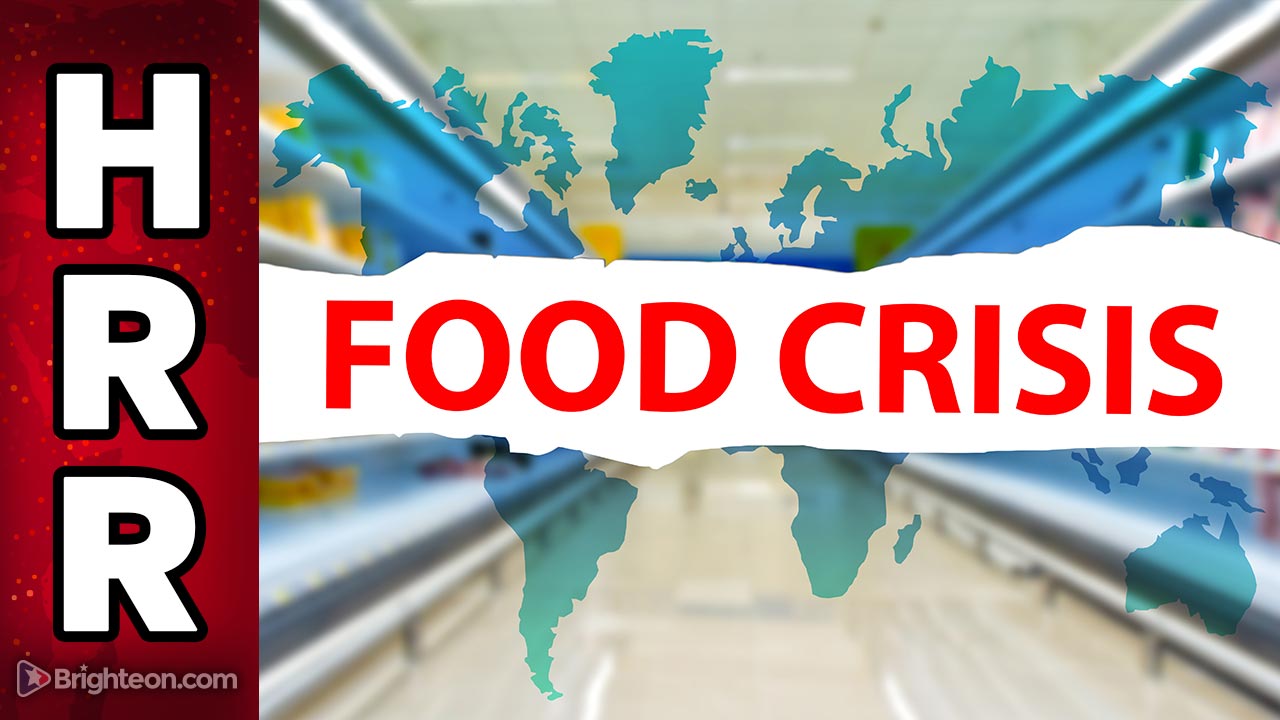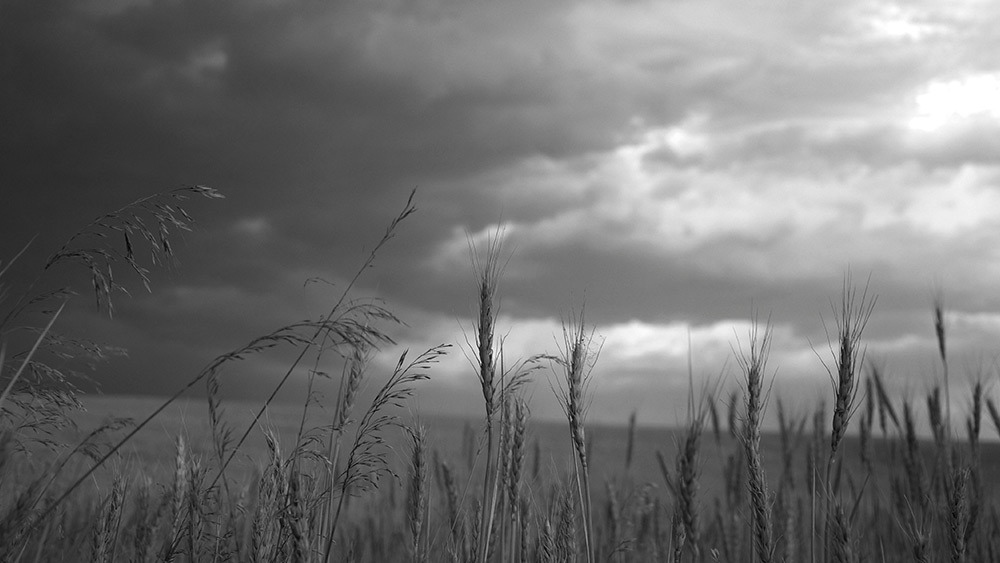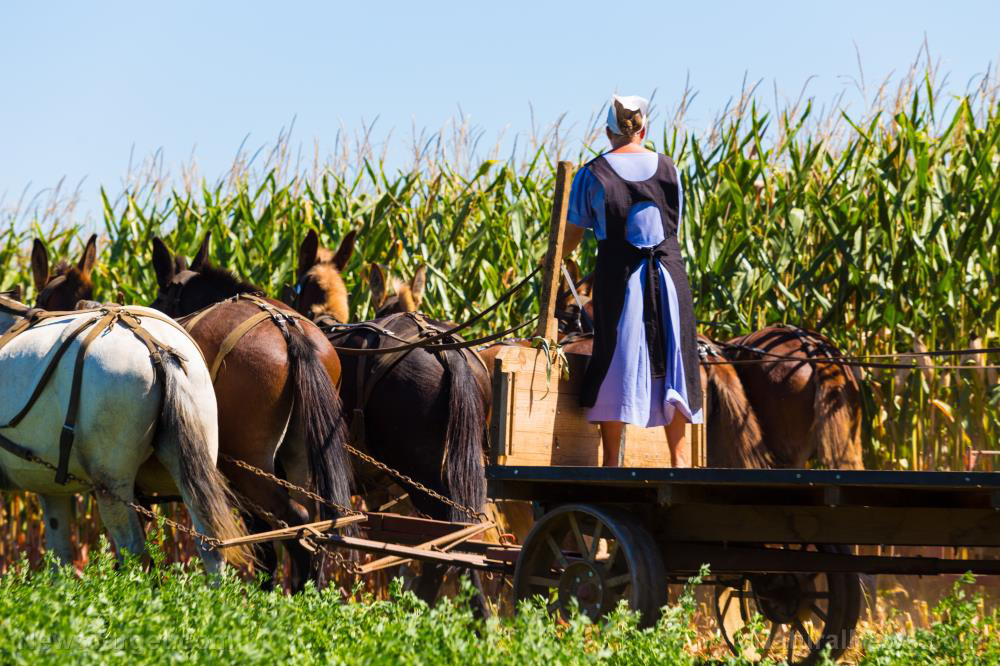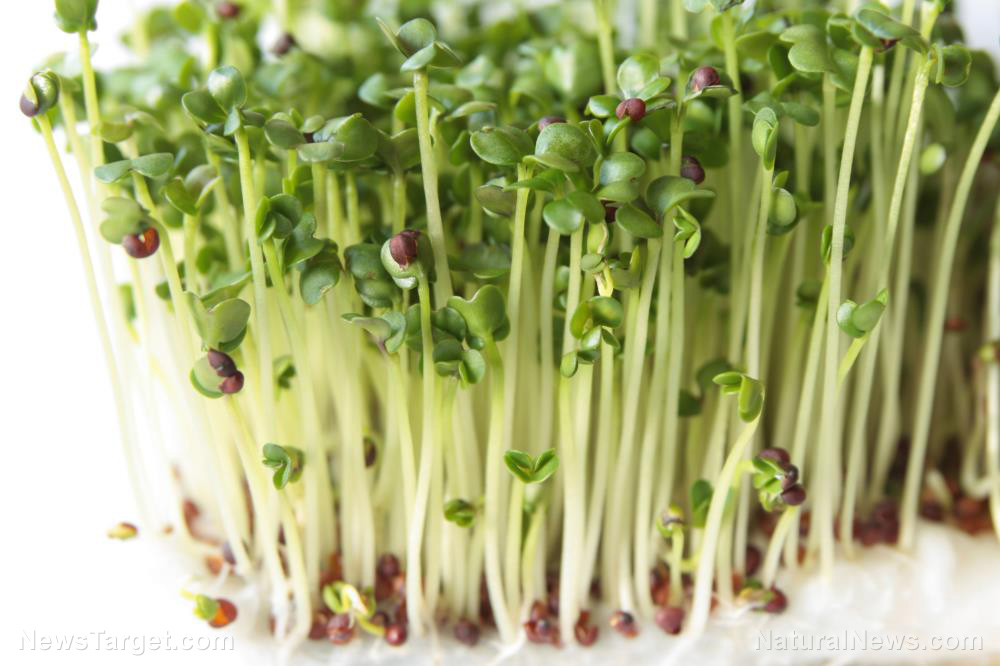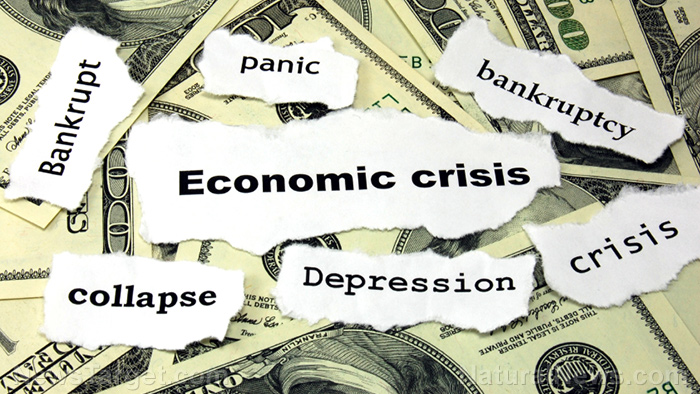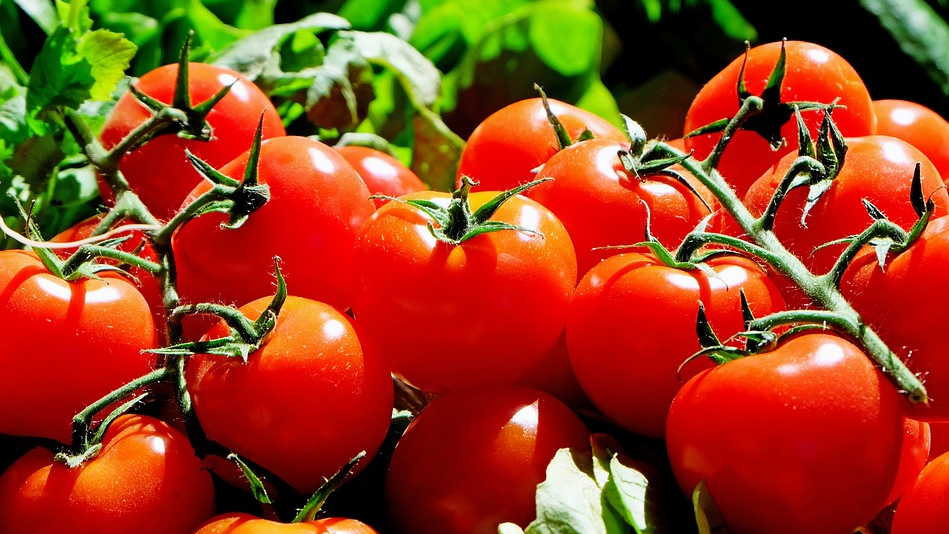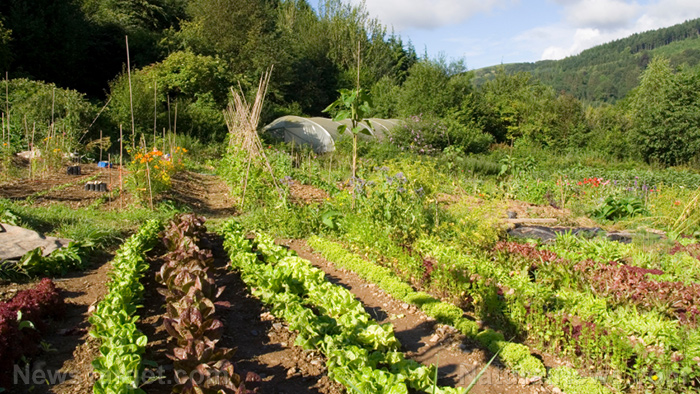Inflation, natural disasters and food shortages expected to worsen in 2023
01/03/2023 / By Ethan Huff

Is America in the throes of a national food security crisis? According to fourth-generation dairy farmer Stephanie Nash of Nash Family Creamery in Chapel Hill, Tenn., the country is certainly headed that way.
“I definitely think we have a food security threat,” Nash, a farmer and agriculture advocate, told Fox News. “I believe 2023 is going to be rough. Worse than this year.”
Between the droughts and other major weather events, supply chain problems, and ongoing inflation, the cost of doing business in the United States – any business, though the food sector is being hit especially hard – is becoming too high for many to make a profit.
Compared to other sectors of the economy, food is seeing the greatest price hikes. In November, food prices were 10.6 percent higher, on average, compared to last year around this same time. Overall, inflation numbers, at least officially, are 7.1 percent higher than a year ago.
Critical inputs such as fertilizer and fuel are either in short supply or cost way too much to turn a profit. Then we have extreme weather conditions, rising interest rates in an industry that relies on debt financing, and supply chain issues.
“Twenty-twenty-two was a really hard year,” Nash said. “I think there’s going to be a lot of shortages next year for sure.” (Related: The United Kingdom is in similarly dire straits.)
“We’re going to have a supply chain shortage; we’re going to have an increase in our food [prices] at the grocery store,” she added. “I don’t think it’s going to go down anytime soon, and I think Americans are really going to be hurting in their wallet.”
U.S. farming sector’s total interest expenses this year expected to be 32 percent higher than last year
It is typical for U.S. farmers to utilize short-term, variable-rate loans to purchase seeds, fertilizer, machinery, and livestock, according to the Department of Agriculture (USDA). And with interest rates as low as they have been for many years, it was just normal business as usual.
This year, though, the Federal Reserve started incrementally bumping the interest rate, which for some farmers meant increases from 0 percent to 4.25 percent. For many farmers, this is the straw that is breaking the camel’s back.
“You have family farmers and ranchers that can’t pay their bills,” Nash said. “You talk about loans – that’s a big deal. Food costs are increasing; the overall production of our operation is increasing. We have to be able to get paid more to make it.”
According to USDA data, 2022 will see the farming sector’s total interest expense hit $26.5 billion, which is nearly 32 percent higher than last year. Farmers will be forced to make a decision between reducing crops or cattle or struggling to figure out how to repay larger loans.
“We see products in the grocery store increasing, and I think a lot of people don’t understand that,” Nash explained. “We’re not the ones pushing for increasing; we are making less than ever.”
As of this week, more than half of the lower 48 states – 53.2 percent, to be exact – are still in a drought. This is only adding fuel to the fire.
“I think that’s a big threat to the United States: weather, drought, and water,” Nash added. “We really didn’t initiate any new programs to help farmers with devastation across America.”
“There’s a lot of great programs out there that do try to help farmers when they get sick or maybe a death in the family, but the government doesn’t really capitalize on devastation.”
The latest news about the current state of the U.S. can be found at Collapse.news.
Sources for this article include:
Submit a correction >>
Tagged Under:
2023, Collapse, crops, debt bomb, disaster, Drought, farmers, food, food collapse, food inflation, food security, food supply, harvest, inflation, interest rates, shortages, supply chain, weather terrorism, world agriculture
This article may contain statements that reflect the opinion of the author
RECENT NEWS & ARTICLES
COPYRIGHT © 2017 HOME GARDENING NEWS com




